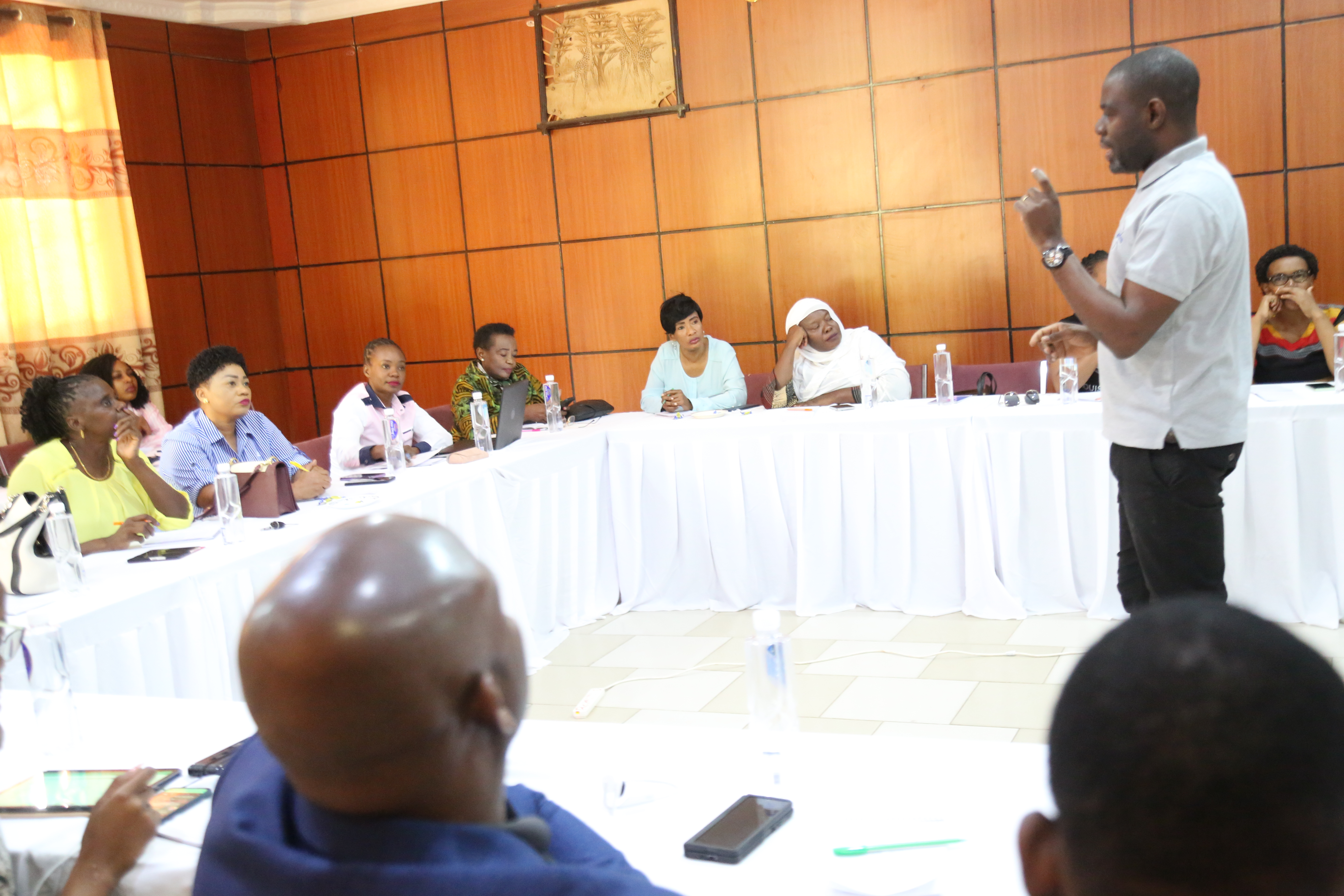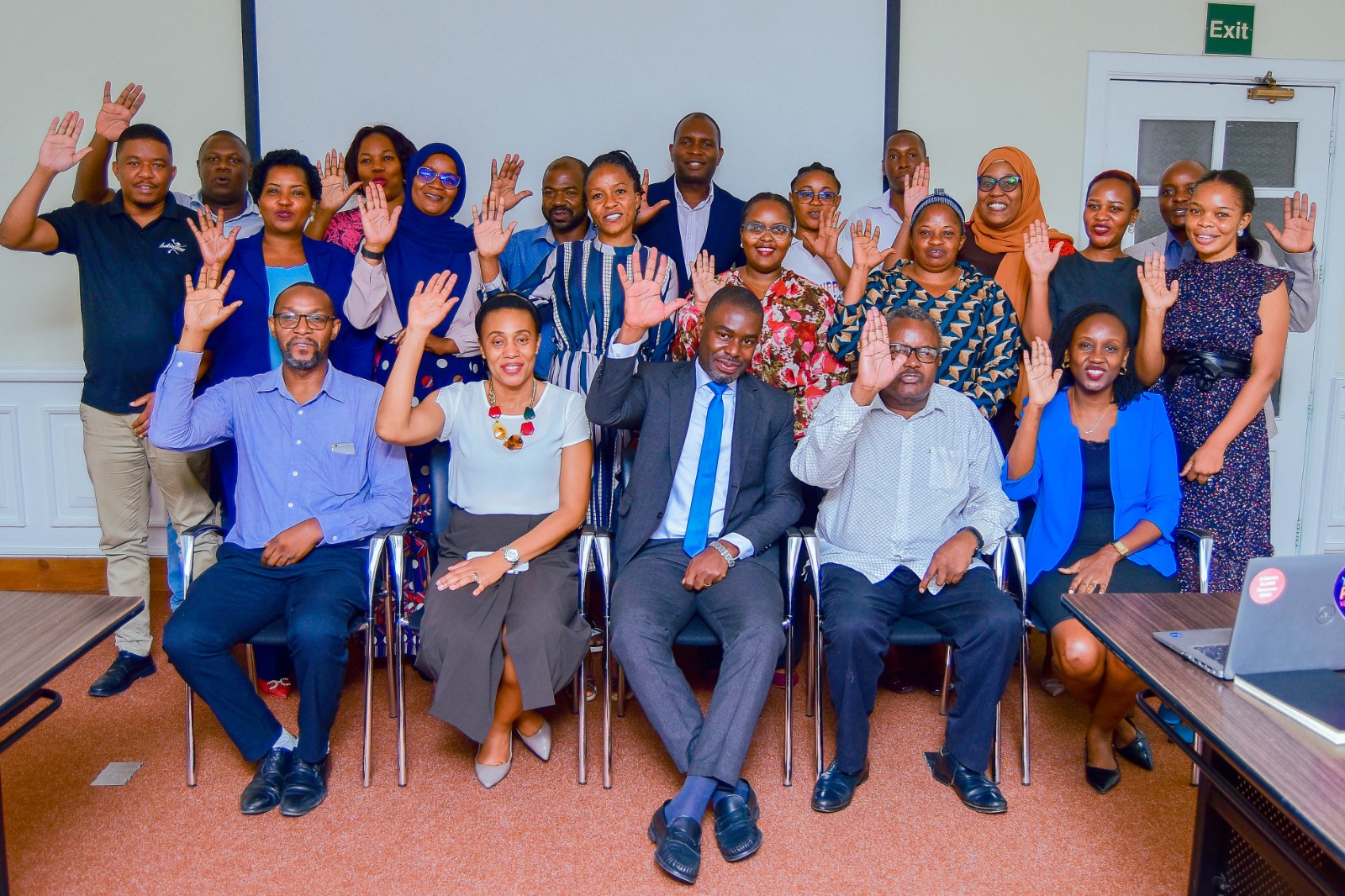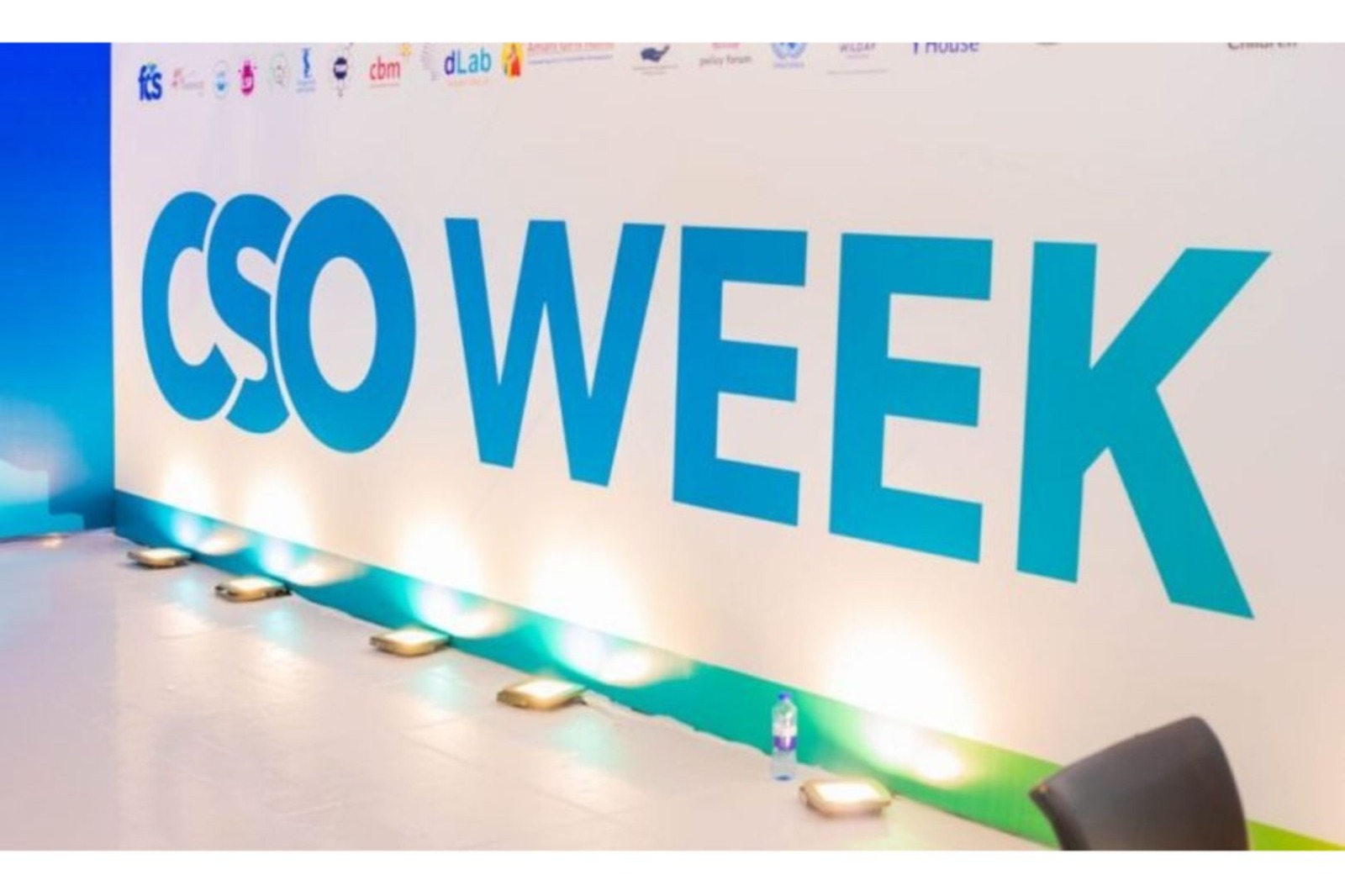On December 6th and 7th, 2024, HakiElimu organized an impactful two-day training session aimed at strengthening the capacity of education stakeholders implementing the PEAT project. Held at Aika Hotel in Morogoro, this event brought together leaders of Community Working Groups (CWGs) from four key districts: Kilwa, Mpwapwa, Babati Town Council, and Kigoma District Council.
The primary focus of the training was Early Childhood Development (ECD), a vital area in shaping the educational foundation of young children. Recognizing the importance of informed leadership, the training sought to equip these community leaders with the knowledge and tools needed to improve early childhood care, development, and education in their respective areas.
Through a combination of interactive sessions, expert presentations, and group discussions, participants gained valuable insights into the stages of early childhood development, effective parenting practices, and strategies for creating nurturing environments that foster children’s growth. The training also emphasized how these leaders could become catalysts for change, spreading this critical knowledge back to their communities and ensuring that families and caregivers have access to the resources and support they need.
By engaging these stakeholders directly, HakiElimu aims to create a ripple effect, empowering local leaders to advocate for better early childhood education and increase awareness on how vital this stage is for a child’s overall development.
The training was not only an opportunity to share knowledge but also to build a network of committed individuals who are dedicated to improving educational outcomes for the youngest members of their communities. HakiElimu’s initiative aligns with its broader mission to promote inclusive, quality education and ensure that all children, regardless of their background, have the opportunity to thrive in their early years.
The success of this training marks another step forward in HakiElimu’s commitment to community-centered educational reforms. By engaging local leaders in the process, HakiElimu ensures that the benefits of this vital knowledge reach the grassroots level, making a lasting difference in the communities that need it most.










